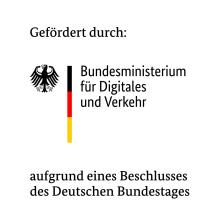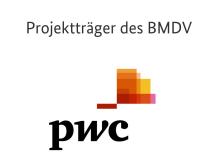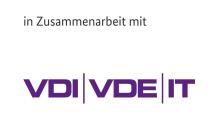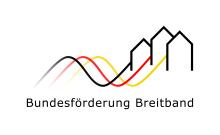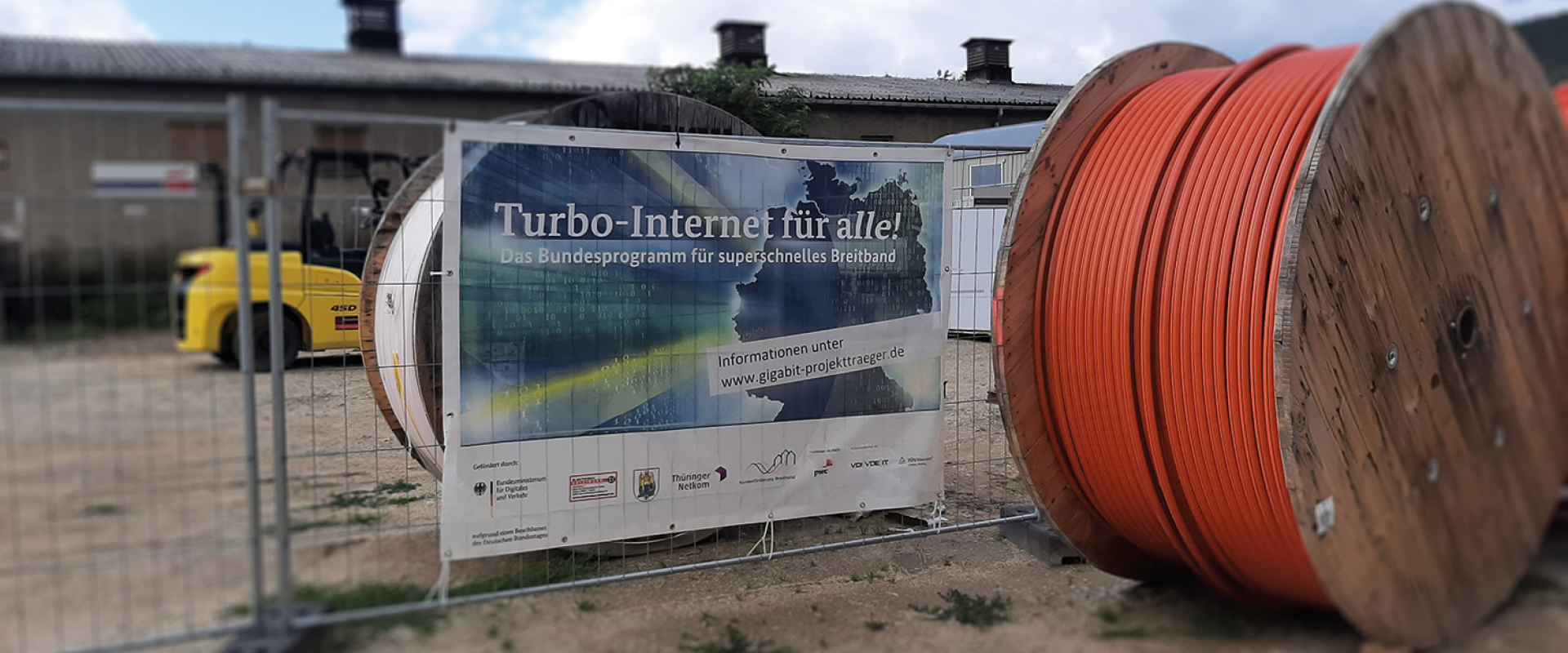
search the site now

"White Spots Program (WFP)" 2017 - 2025
Since the end of 2015, the German government has been funding the expansion of high-performance broadband networks throughout Germany. Kommunalservice Jena is responsible for the "Weiße Flecken" funding project in the city of Jena.
"White spots" are those address points that do not yet have a broadband connection* and will not be provided by a telecommunications company (TKU) in the foreseeable future. All valid postal addresses were taken into account, regardless of their current use.
At the end of 2017, the city of Jena successfully acquired funding to eliminate the "white spots". The construction and operation of the broadband network was put out to public tender at the beginning of 2019 and awarded to Thüringer Netkom, a subsidiary of TEAG Thüringer Energie AG. The contract to build a broadband network was concluded with Thüringer Netkom in July 2020.
The funding bodies PricewaterhouseCoopers GmbH (PWC) on behalf of the Federal Ministry of Transport and Digital Infrastructure and Thüringer Aufbaubank on behalf of the Thuringian Ministry of Economic Affairs, Science and Digital Society are supporting the EUR 7.4 million project with EUR 3.7 million in federal funding and EUR 3 million in state funding. The city of Jena is contributing its own share of 0.7 million euros.
The aim is to provide all "white spots" with broadband access. The funded expansion is intended to ensure an effective and technology-neutral broadband expansion to achieve a sustainable, future-proof and high-performance broadband network (NGA network). The WFP is a building block for the nationwide coverage of all households in Jena.
In the upstream market exploration procedure, the need to connect 312 households and 67 companies to the broadband network was determined. These addresses can only be connected at disproportionately high cost, which cannot be refinanced through the sale of telecommunications products. This "profitability gap" is closed in the WFP by a subsidy from development funds. As part of the WFP, 64 km of civil engineering work is being carried out, 84 km of empty conduits are being laid and 147 km of broadband network is being built using fiber optic technology. Kommunalservice Jena is responsible for project management.
The part of the project that is visible to everyone is the civil engineering work. In the WPF, only underground cables are used. Trenches are dug or drilling technologies are used for this purpose. Empty conduits are then inserted into these, via which each address point can be supplied with its own fiber. Distribution cabinets are built for active network components. Reserves are kept for later network expansion.
Once the civil engineering work is complete, the hardware components are installed and the fiber optic cables are pulled in. The fibers are connected together (spliced) in a complex process, which is one of the most time-consuming processes in network construction. Finally, quality control and documentation are carried out. It takes around 2 years before the network can go into operation.
The groundbreaking ceremony for the start of construction took place on April 27, 2022 in the Leutra district. Civil engineering is largely complete, with some remaining work still being carried out.
The active technology has been installed and put into operation since spring 2025. Completion and commissioning of the network is planned for the end of 2025.
Locations where civil engineering work has already been completed:
Thüringer Netkom has been marketing its broadband connections since spring 2021. For use, the connection must be routed to the respective property. The owner of the property must submit a declaration (GEE) for this. It is also possible to subsequently connect a property to a site that has been prepared for the connection. In this case, however, the civil engineering costs are not eligible for funding and must be borne by the property owner. The installation of the connection is independent of the booking of a telecommunications product.
You can find information from Thüringer Netkom on the project here.
Economically attractive addresses are developed by the telecommunications companies in the so-called own-account expansion without outside capital. In addition to Stadtwerke Jena, which operates its own fiber optic network for industry and housing companies, three telecommunications companies are active as network operators in Jena:
Deutsche Telekom is the largest network operator in Jena. Fiber optics has been standard technology at distribution network level for years. Since mid-2022, Deutsche Telekom has also been expanding its network on the so-called "last mile", i.e. to the home with fiber optic technology. This will allow customers to be offered more reliable services and higher bandwidths. The declared goal is to be able to supply around 14,000 house connections, which corresponds to a good 50,000 households, with fiber optic connections by 2028. Telekom markets its own products. Based on partnerships with 1&1, Telefonica/O2 and Vodafone, the content of these providers can also be booked on the Telekom network.
OXG Glasfaser GmbH is a subsidiary of Vodafone Deutschland GmbH and a competitor of Deutsche Telekom. OXG is building its own fiber optic network in selected residential areas. Construction is scheduled to start in the second half of 2025. Around 7,500 households are to be supplied with broadband connections by the end of 2026. Similar to Telekom, OXG is also offering its fiber optic network to other telecommunications companies for shared use.
Thüringer Netkom is active as part of the subsidized expansion of peripheral areas. Since 2017, the municipalities of Closewitz, Lützeroda, Krippendorf and Vierzehnheiligen have been supplied via a fiber optic network from Netkom to the distribution box (FTTC). In the subsidized expansion of the WFP from 2022, this will be extended to households or newly built in some areas. Netkom itself is also a content provider, i.e. Internet tariffs can be booked directly with Netkom. In addition, the network is open to other competitors for shared use. Ask your preferred provider about availability.
Stadtwerke Jena-Netze is also constantly expanding its fiber optic network. Stadtwerke Jena supplies the tenants of JenaWohnen and Carl-Zeiss-WG as well as Heimstätten and other housing associations. Stadtwerke also focuses on commercial enterprises and institutions. Stadtwerke is the network operator; telecommunications services are provided exclusively by third parties such as TeleColumbus or 1&1.
TV cable networks (HFC) are another building block in the nationwide supply of broadband Internet content. Households with a TV cable network connection are already considered to be covered. With a special cable modem, download rates are achieved that meet the definition of an NGA network.
The telecommunications market is subject to the Telecommunications Act (TKG). In order to promote competition and innovation, telecommunications companies have a special status. In particular, they are allowed to use public roads and paths to build their networks. It is therefore not impossible that other telecommunications companies will set up their own broadband networks in Jena in the coming years. Kommunalservice will closely monitor these activities as part of its duties as a road construction authority.
Frequently asked questions about broadband expansion are answered here.
*) less than 30 Mbit/s download is considered underserved in the WFP
